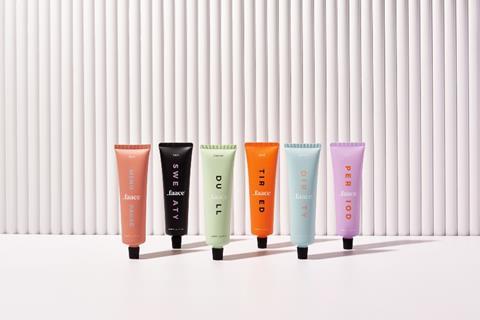
Skincare challenger brand Faace is seeking a new owner to take the business to the next level, after founder Jasmine Wicks-Stephens decided she could no longer continue to run the startup.
Wicks-Stephens, who founded the business in 2020, announced the decision in a video on LinkedIn.
The move comes despite Faace securing the backing of Steven Bartlett, Peter Jones and Touker Suleyman on Dragons’ Den earlier this year, with Wicks-Stephens negotiating a combined £60k investment on the BBC One programme aired in February.
“After five years of thinking about Faace every single day, working full-time hours for free, investing hundreds of thousands of pounds of my own money for this dream, I just can’t do it anymore,” Wicks-Stephens said in the video.
“I still believe in the brand wholeheartedly and we’ve achieved so much that I’m so proud of. There’s so much more to do, but I just can’t be the one to do it, day in day out, any longer, so I’m hoping there is some amazing person out there that will want to buy it that will still let me play a small role in some way.”
Wicks-Stephens launched Faace with a mission to create a range of ethical products to help women during periods and the menopause.
The hormone-based moisturisers, cleaners, face creams and face masks are stocked in a variety of retailers in the UK and overseas, including Harrods and Selfridges.
Wicks-Stephens told the Dragons in her pitch that revenues were expected to jump from around £70k to £250k this year, with the brand launching on TV shopping channel QVC and going into Urban Outfitters stores nationwide.
To date, Faace has also raised more than £450k from angel investors, a beauty accelerator and a crowdfunding round last year.
Wicks-Stephens told The Grocer it was still “business as usual” while she searches for a new owner, with a new product launch imminent and talks ongoing for a nationwide launch with a retailer.
“We do need investment to grow the business and to make some of the current brand opportunities on the table work well,” she added. “As the founder, I just feel like my time has come to hand over the reins.
“My dream is to find someone who is properly set up to make Faace as successful as I know it could be. It might be someone who already has the infrastructure to make it work – marketing teams, R&D, logistics – everything needed to capitalise on the success we’ve achieved so far. It could be someone who already has a solid customer base and wants to add new skincare products into its portfolio.”
It is not clear whether Wicks-Stephens has concluded the investment deal with the three Dragons since the programme aired.
However, that deal – for a 5% stake – valued the business at £400k, while the 2023 Seedrs raise valued Faace at £1.3m.
In a longer statement issued to the media, Wicks-Stephens said competition in the beauty industry was “fierce” with thousands of new brands and products being launched each year.
“I think it’s important that we discuss how challenging it is for indie brands to make it,” she added. “Whilst beauty is booming, the reality is there is an unlevel playing field.
“There’s a lot of smoke and mirrors in the industry and, most of the time, it comes down to cash. It sounds like a bitter cop-out but, honestly, it’s not. I can’t even fathom the success we’ve achieved with Faace. It’s incredible how much everyone loves the brand.”
Wicks-Stephens said the brand faced a number of challenges but “did too much too soon”.
“I said ‘yes’ to every opportunity that came our way. I know how hard it is to get into retailers – although, I’ve since understood that making them work is harder. And all we ended up doing was cannibalising our opportunities, launching in too many retailers, too many countries and without strategic planning from door to door, market to market – unsurprisingly to me now as I know better, but you only know what you do when you know it. Experience and hindsight are dreadfully annoying things.”
She said the business also struggled with “shocking” suppliers.
“We’ve been blackmailed and conned out of money; we’ve been guided to spend tens of thousands setting up in markets that haven’t materialised; we’ve had so many logistical delays that have cost us thousands – honestly the list goes on. Whilst we’re in a good place now, we should have nipped relationships in the bud a lot sooner and listened to our gut more. When we were gaslighted about certain situations, we should have found someone better sooner.”









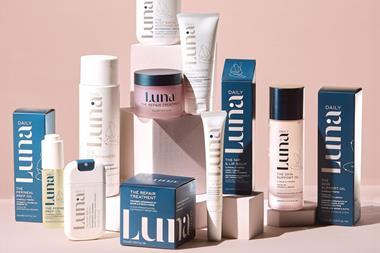

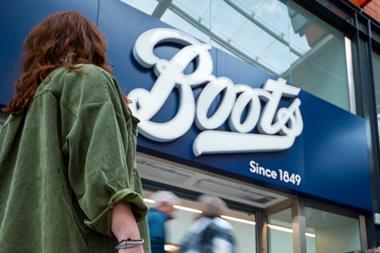

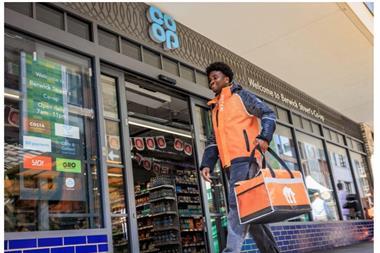




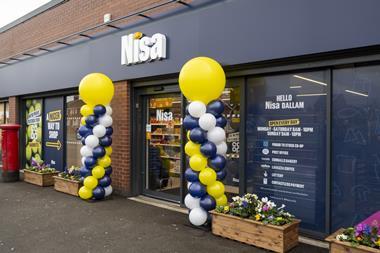
No comments yet